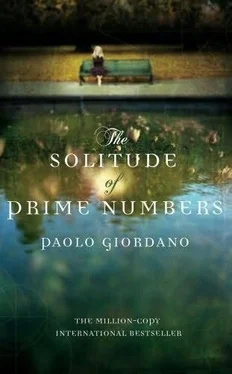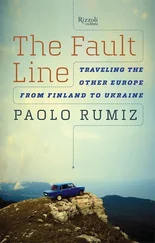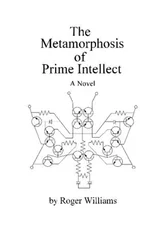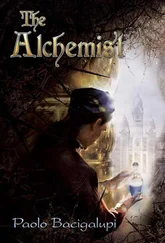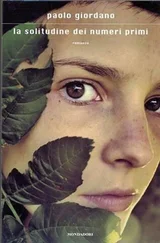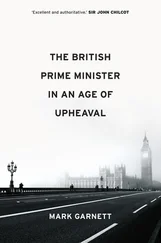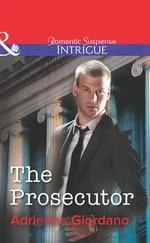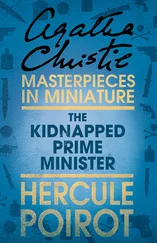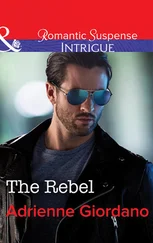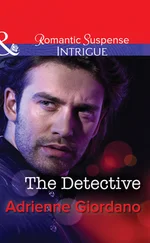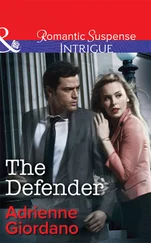"Hi," she said, walking over.
"Alice," said Viola. "I didn't think-"
"Neither did I," Alice cut in.
They pretended to hug, as if not wanting to rumple their clothes. Viola was even more beautiful than she had been at school. Over the years her features had grown milder, the outlines were softer, and her eyes had lost that imperceptible vibration that made them so terrible. She still had that perfect body.
"This is Carlo," said Viola.
Alice shook his hand and felt how smooth it was.
"Shall we start?" she asked, cutting her short.
Viola nodded and sought her husband's eyes, but he didn't notice.
"Where shall we stand?" she asked.
Alice looked around. The sun was at its zenith and she would have to use the flash to eliminate all the shadows from their faces. She pointed to a bench in full sunlight on the riverbank.
"Sit down there," she said.
She took longer than was necessary to set up the camera. She pretended to busy herself with the flash, mounted one lens and then swapped it for another one. Viola's husband fanned himself with his tie, while she used her finger to try to stop the little drops of sweat trickling down her forehead.
Alice left them to stew for a bit longer as she pretended to find the right distance to take the picture.
Then she started issuing brusque orders. Put your arms around each other, smile, now serious, take her by the hand, rest your head on his shoulder, whisper in her ear, look at each other, closer, toward the river, take your jacket off. Crozza had taught her that you mustn't let your subjects breathe, you mustn't give them time to think, because it takes only a minute for the spontaneity to evaporate.
Viola obeyed, two or three times asking apprehensively is that all right?
"Okay, now let's go into the field," said Alice.
"More?" asked Viola, startled. The red of her flushed cheeks was starting to show through her foundation. Her eyeliner was already slightly smudged, the edges were getting jagged, making her look tired and slightly shabby.
"You pretend to run away and let him chase you across the field," Alice explained.
"What? You want me to run?"
"Yes, run."
"But…" Viola began to protest. She looked at her husband and he shrugged.
She snorted, then lifted up her skirt and began running. Her heels sank a few millimeters into the ground, and kicked up little clumps that dirtied the inside of her white dress. Her husband ran after her.
"You're going too slowly," he said.
Viola turned around all of a sudden with a look that reduced him to ashes, a look that Alice remembered all too well. She let them run after each other for two or three minutes, until Viola freed herself clumsily from her husband's clutches, saying that's enough.
Her hair had come undone on one side and a lock fell down her cheek.
"Yes," said Alice. "Just a few more shots."
She took them to the ice-cream stand and bought two lemon ice pops, which she paid for herself.
"Hold these," she said, extending them to the couple.
They seemed not to understand, and unwrapped them suspiciously. Viola was careful not to get the sticky syrup all over her hands.
They had to pretend to eat them, arms crossed, and then offer the other a lick. Viola's smile was becoming increasingly tense.
When Alice told her to hold on to the street lamp and use it as a pivot to spin around, Viola exploded.
"This is ridiculous," she said.
Her husband looked at her, slightly intimidated, and then looked at Alice, as if to apologize.
Alice smiled. "It's part of the classic album," she explained. "That's what you asked for. But we can skip that sequence."
She forced herself to sound sincere. She felt her tattoo pulsating, as if it wanted to jump out of her skin. Viola stared at her furiously and Alice held her gaze until her eyes burned.
"Have we finished?" said Viola.
Alice nodded.
"Let's go, then," the bride said to her husband.
Before letting himself be dragged away, he came over to Alice and shook her hand politely once more.
"Thanks," he said.
"My pleasure."
Alice watched them climb back up the slight slope to the parking lot. Around her were the usual sounds of Saturday, the laughter of children on the swings and the voices of the mothers looking after them. There was music in the distance and the rush of cars on the road, like a carpet of sound.
She wanted to tell Mattia, because he would have understood. But he was far away now. She thought that Crozza would be furious, but he would forgive her in the end. She was sure of it.
She smiled. She opened the back of the camera, took out the film, and unrolled it completely under the white light of the sun.
2007
His father phoned on Wednesday evenings, between eight and a quarter past. They had seen each other rarely over the last nine years and it had been a long time since the last visit, but the phone call in Mattia's two-room apartment had become a ritual. In the long pauses between words the same old silence arose between the two of them: there were no televisions or radios on, never any guests rattling their cutlery.
Mattia could imagine his mother listening to the phone call from her armchair without changing her expression, with both arms on the armrests, as when he and Michela were in primary school and she sat there listening to them recite poetry by heart and Mattia always knew it while Michela said nothing, incapable of doing anything.
Every Wednesday, after hanging up, Mattia found himself wondering whether the orange floral pattern of that armchair was still the same or whether they'd replaced it, since it had been threadbare even back then. He wondered whether his parents had grown old. Of course they had, he heard it in his father's voice, which was slower and wearier, more like an attack of breathlessness.
His mother came to the phone infrequently and her questions were a matter of form, always the same. Is it cold? Have you had your dinner yet? How are your classes going? We eat dinner at seven over here, Mattia had explained the first few times. Now he merely said yes.
"Hello?" he said, speaking in Italian.
There was no reason to answer the phone in English. Only about ten people had his home number and none of them would have dreamed of calling him at that time of day.
"It's Dad."
The delay in his reply was only just perceptible. Mattia meant to get a stopwatch to measure it, to calculate how much the signal deviated from the straight line of more than 1,000 kilometers that connected him and his father, but he forgot every time.
"Hi. Are you well?" said Mattia.
"Yes. And you?"
"Fine… And Mom?"
"She's right here."
The first silence always fell at that point, like a mouthful of air after swimming a lap underwater.
Mattia ran his index finger along the scratch in the pale wood of the round table, a few inches from the middle. He couldn't even remember whether he had scratched it or whether it had been the old tenants. Just under the enameled surface it was compressed chipboard, which got under his fingernail without hurting him. Each Wednesday he dug that furrow a few fractions of a millimeter deeper, but a lifetime wouldn't be enough for him to break through to the other side.
"So you saw the sunrise?" his father asked.
Mattia smiled. It was a joke they had between them, perhaps the only one. About a year before, somewhere in a newspaper Pietro had read that watching the dawn over the North Sea is an unforgettable experience, and in the evening he had read his son the clipping over the phone. You absolutely have to go, he had advised. Since that day he asked from time to time so have you seen it? Mattia always answered no. His alarm was set to seventeen minutes past eight and the shortest way to the university was not along the seafront.
Читать дальше
